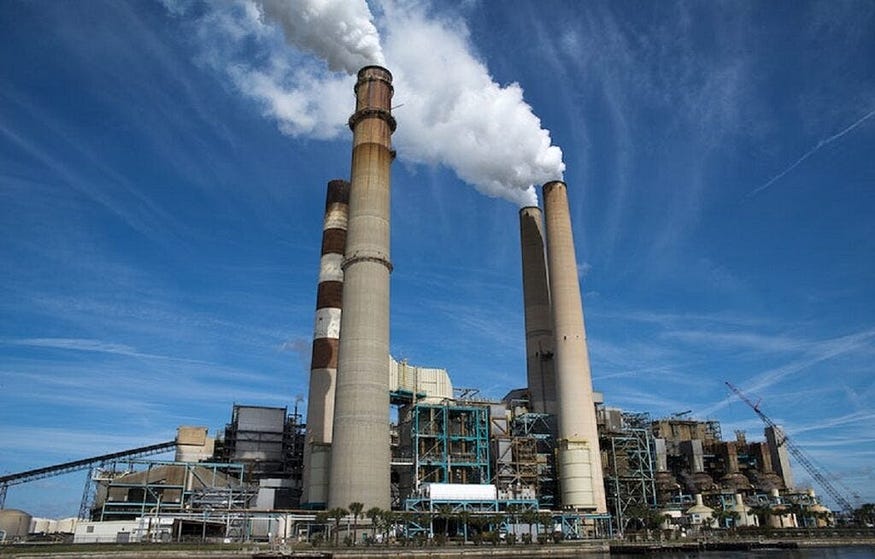Biogas in Kerala: Meeting Future Challenges in Sustainable Energy and Waste Management

As Kerala looks toward a sustainable future, the role of biogas in Kerala is becoming increasingly significant. With its vast potential to turn organic waste into renewable energy, biogas not only addresses waste management challenges but also contributes to reducing the state’s carbon footprint. However, the journey to mainstream biogas technology in Kerala comes with challenges that require proactive strategies and innovative solutions.
The Growing Demand for Sustainable Energy in Kerala
Kerala faces a dual challenge: an increasing energy demand and a need for sustainable waste management solutions. Biogas offers a way to address both. By converting agricultural, household, and industrial organic waste into biogas, Kerala can generate a renewable energy source that reduces dependence on traditional fossil fuels and cuts waste accumulation. With more homes, communities, and industries adopting biogas in Kerala, this clean energy source could play a major role in meeting future energy needs sustainably.
Challenges in Scaling Biogas Technology in Kerala
- Infrastructure Limitations: While interest in biogas is rising, Kerala lacks the necessary infrastructure to support widespread biogas production. Expanding biogas facilities requires investment, technological upgrades, and trained personnel to oversee operations.
- Awareness and Adoption: Educating the public and industries about the benefits of biogas in Kerala is essential for wider adoption. Many are unaware of biogas’s economic and environmental benefits, limiting its acceptance at both community and industrial levels.
- Regulatory Hurdles: Kerala must develop a clear regulatory framework that encourages biogas projects while ensuring environmental compliance. Streamlining approvals and offering incentives can help overcome some of these regulatory barriers.
Future Opportunities for Biogas in Kerala
- Energy Independence: Biogas can contribute to Kerala’s vision of energy independence by supplementing traditional energy sources and enhancing grid stability.
- Reducing Waste in Landfills: The adoption of biogas reduces waste sent to landfills, helping to alleviate land shortage issues and curb pollution. This aligns with Kerala’s goal of managing waste more effectively in the face of rapid urbanization.
- Economic Benefits for Rural Communities: As biogas in Kerala becomes more widespread, it can provide rural households and farmers with additional income streams, as well as reduce energy costs by creating fuel from waste.
Strategic Steps to Boost Biogas Adoption
To address future challenges, Kerala can focus on policies and incentives to make biogas projects viable. Increasing investment in R&D for biogas technology, providing subsidies for biogas plants, and fostering partnerships with private companies and local communities are effective strategies. Additionally, educational campaigns highlighting the long-term economic and environmental benefits can encourage more widespread biogas adoption.
Conclusion
Biogas in Kerala holds immense potential for meeting future energy needs and addressing waste management challenges. By overcoming infrastructure and regulatory challenges and increasing public awareness, Kerala can lead the way in creating a sustainable, green future powered by biogas. This renewable resource not only aligns with the state’s eco-friendly values but also serves as a sustainable solution to Kerala’s future energy and environmental challenges.

Comments
Post a Comment